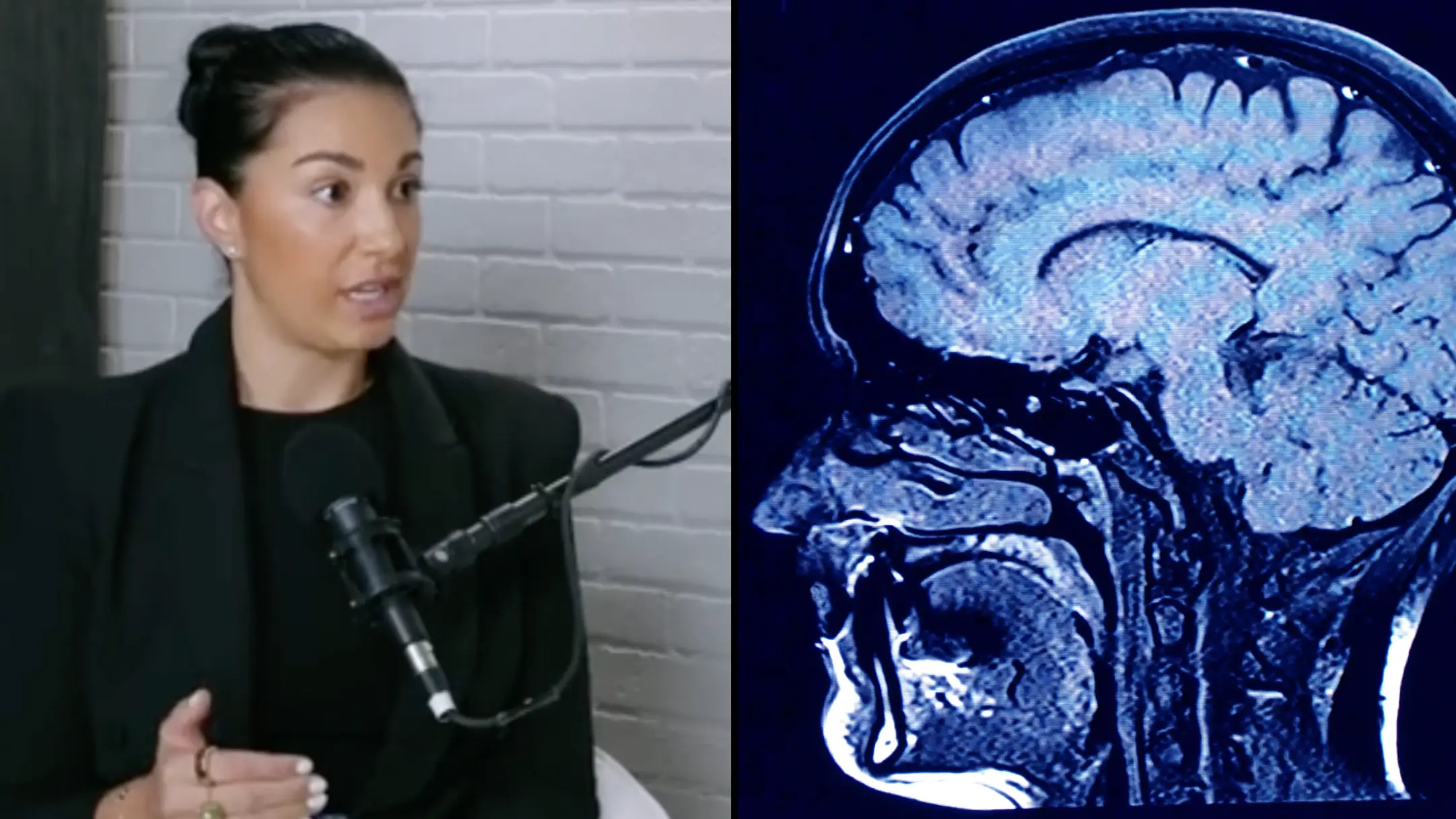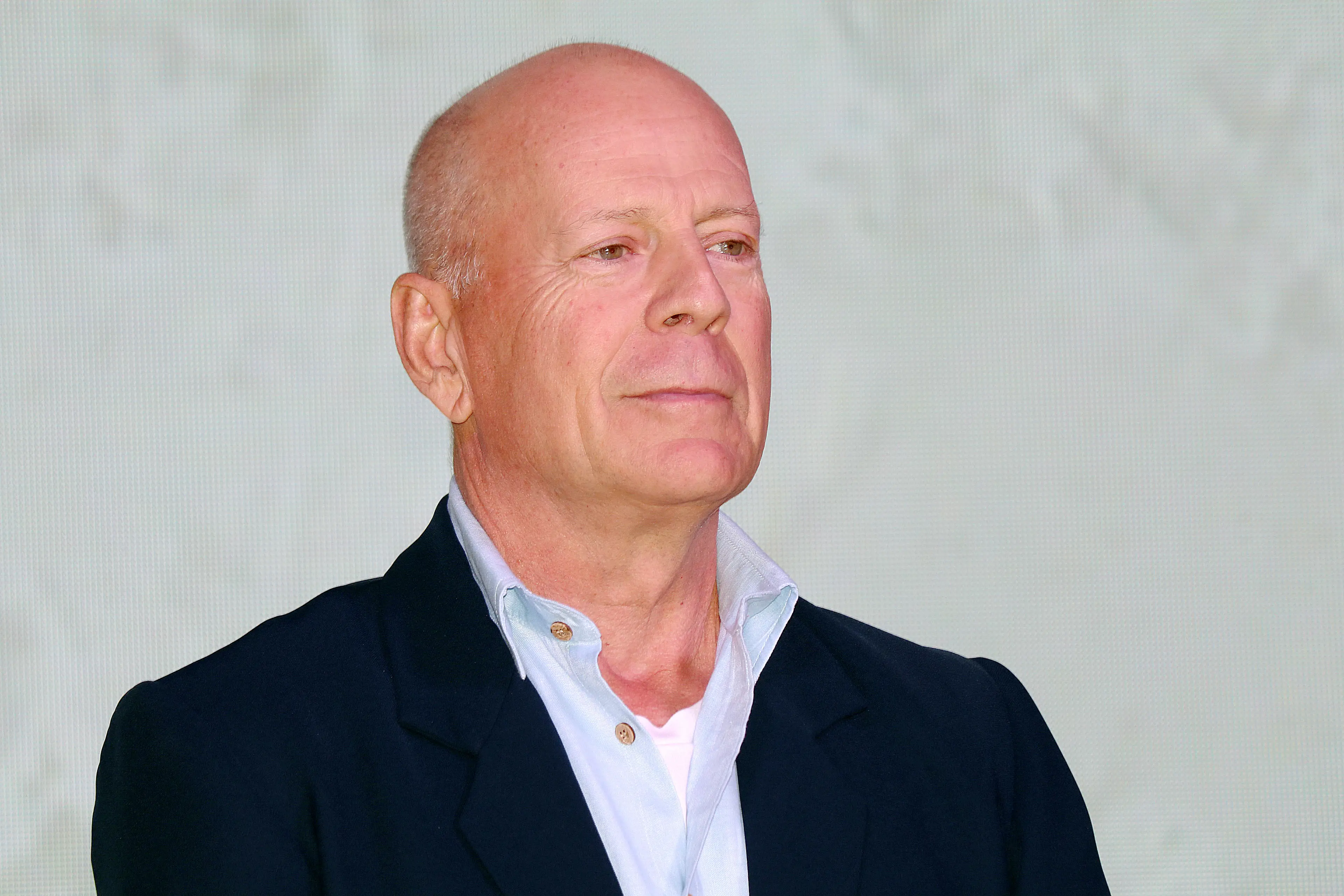
With big-name stars around the world - including Bruce Willis and Chris Hemsworth - opening up about their battles with Alzheimer's, medical professionals are continuing to raise awareness of the symptom's earliest conditions.
Speaking on TikTok, Dr Gabrielle Lyon has this week emphasised that the earliest symptoms can sometimes present themselves as much as early as '20-30 years prior to diagnosis'.
"We really need to be on top of these lifestyle factors. There's many," she explained.
Advert
"There's around 25 risk factors.
"Genes/genetics is always going to be one, we know that. But I think the three main domains that everyone can be working on is sleep, exercise and nutrition."
Speaking of the importance of sleep, Dr Lyon went on: "Sleep is fundamentally, in my opinion, the most underrated high-performance tool that we have.
"Sleep is incredible and it's free, but as we age, we also see a decline in our sleep, it just happens. Through hormones, especially for women who peri-menopausal and post-menopausal."
The functional medicine practitioner then explained that there are four levels of sleep.
Stage one, she says, is first falling asleep, and stage two being in 'light sleep', when the beep of a car or a knock at the door can easily wake you.

It's stages three (deep/slow wave sleep) that Dr Lyon claims is the most important, being that 'the brain actually goes through many different manufacturing processes'.
She continued: "The first thing that happens is, we get a lot of secretion of hormones during deep sleep."
IGF1 - a growth hormone which causes the regeneration of muscles, hugely important to athletes - is one of the chemicals released during this stage of sleep.
When it comes to exercise, several prospective studies have looked at individuals in their 20s and 30s and the effects of physical exercise on their thinking and memory in later life.
After the results of 11 studies were combined, it was shown that regular exercise can significantly reduce the risk of developing Alzheimer's by about 30 percent.

The same charity also found that high levels of antioxidants from the high intake of fruits and vegetables can be used to help protect people from brain damage caused by conditions like Alzheimer's.
Keeping on top of your well-balanced nutrition can also help to increase the levels of proteins in the brain that protect brain cells from this damage.
The news comes just weeks after Hollywood superstar Bruce Willis' friend revealed that he is no longer 'totally verbal' following his dementia diagnosis.
According to his friend Moonlighting creator Glenn Gordon Caron, they'd talked about getting the show back in front of an audience 'before the disease rendered him as incommunicative as he is now' and that 'it means a lot to him'.
Caron said: "I know he’s really happy that the show is going to be available for people, even though he can’t tell me that.
"When I got to spend time with him we talked about it and I know he’s excited."
Topics: Health, Mental Health, Science, TikTok